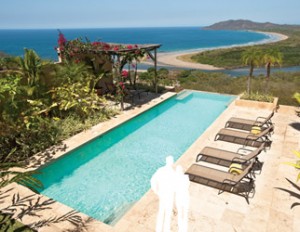Timeshares (part 3): Determining value
Here’s a preliminary guide on what drives up the value of a timeshare, examples of good deals, the basics on how to use an exchange system and a sample estimate on the true cost of timeshare ownership.
Advertisement
Here’s a preliminary guide on what drives up the value of a timeshare, examples of good deals, the basics on how to use an exchange system and a sample estimate on the true cost of timeshare ownership.
 In my last two blogs, I touched on ways to research a good timeshare vacation purchase and some key factors to consider when making a purchase. Now, I’d like to examine the facets that drive a timeshare’s value, the basics of exchanging timeshares and how to analyze the cost of a timeshare to determine if it’s a good buy, or not.
In my last two blogs, I touched on ways to research a good timeshare vacation purchase and some key factors to consider when making a purchase. Now, I’d like to examine the facets that drive a timeshare’s value, the basics of exchanging timeshares and how to analyze the cost of a timeshare to determine if it’s a good buy, or not.
Share this article Share on Facebook Share on Twitter Share on Linkedin Share on Reddit Share on Email